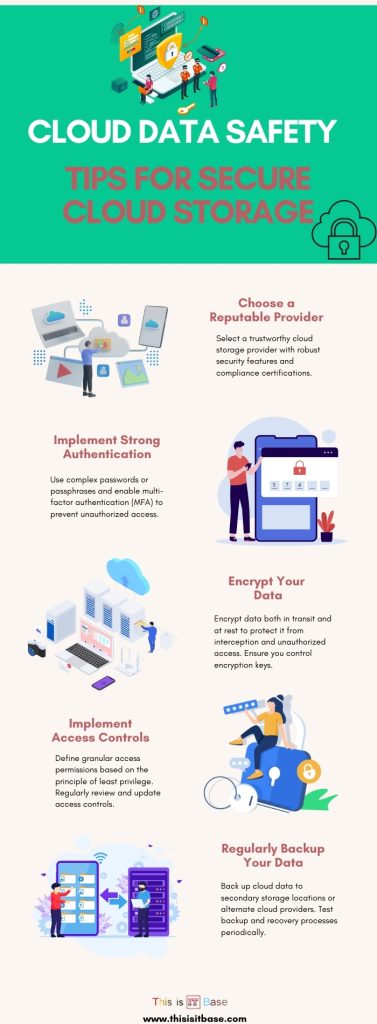Cloud Data your Essential Guide to Secure, Scalable Storage
I often rely on cloud data to store my files and projects. I find cloud data invaluable for backup and remote access. Sometimes, I mistakenly type “cloudd ata” but always fix it quickly.
Table of Contents
What Is Cloud Data?
Cloud data refers to digital information stored on remote servers. It enables easy access and secure sharing. I use cloud data daily to back up photos, documents, and work files. This storage method simplifies my digital life and boosts productivity. Furthermore, cloud data offers scalability and flexibility.
Benefits of Cloud Data
Cloud data delivers several clear benefits:
- Accessibility: I access files from anywhere.
- Security: Advanced encryption keeps my data safe.
- Scalability: I expand storage as needed.
- Cost-Effective: I pay only for what I use.
These features have made cloudd’s data a core part of my workflow. Moreover, transitioning to cloud’s data helped me reduce physical storage clutter.
Comparing Popular Cloud Data Services
Below is a table comparing some leading cloud’s data providers. This table helps you decide which service meets your needs best.
| Service | Price Range | Storage Options | Key Features | User Rating |
|---|---|---|---|---|
| Google Drive | Free – $9.99/month | Up to 2TB | Seamless integration, collaboration tools | 4.7/5 |
| Dropbox | Free – $15/month | Up to 3TB | Easy file sharing, robust syncing | 4.5/5 |
| Microsoft OneDrive | Free – $7/month | Up to 6TB (with Office 365) | Integrated with Windows, secure backups | 4.6/5 |
| Box | $5 – $15/month | Flexible plans | Advanced security, business collaboration | 4.4/5 |
I compare these services before choosing one, and the table helps me quickly see the differences.
My Personal Experience with Cloudd Data
I began using cloud’s data a few years ago when my computer started filling up. I chose Google Drive for its ease of use and reliability. At first, I occasionally mistyped “cloud’s data” in my search bar. These small errors taught me to be patient and careful. Over time, I appreciated the convenience and enhanced security of cloud’s data. Now, I back up all important work files automatically.
Using cloud’s data has boosted my productivity. I can collaborate on documents in real time and access my files while traveling. Every time I log in, I feel secure knowing my digital assets are safe.
Tips for Maximizing Your Cloud Data Experience
To make the most of cloud’s data, follow these tips:
- Organize Files: Create folders for different projects.
- Set Up Automatic Backups: Ensure data is regularly saved.
- Review Security Settings: Use strong passwords and enable two-factor authentication.
- Monitor Storage Usage: Upgrade plans as needed to avoid shortages.
- Stay Informed: Read reviews and tutorials on new features.
These steps have helped me optimize my use of cloud’s data and avoid common pitfalls.
Conclusion
Cloud’s data has revolutionized the way we store and manage information. Its benefits of accessibility, security, scalability, and cost-efficiency make it a must-have tool. My personal journey shows that adopting cloud’s data can streamline your digital life and protect your valuable files. I encourage you to explore the available options and choose the service that best fits your needs. Enjoy the freedom and efficiency of cloud’s data—and always double-check your typing to avoid mistakes like “cloudd ata.”
Infographic: Cloud’s Data Safety – Tips for Secure Cloud’s Storage


